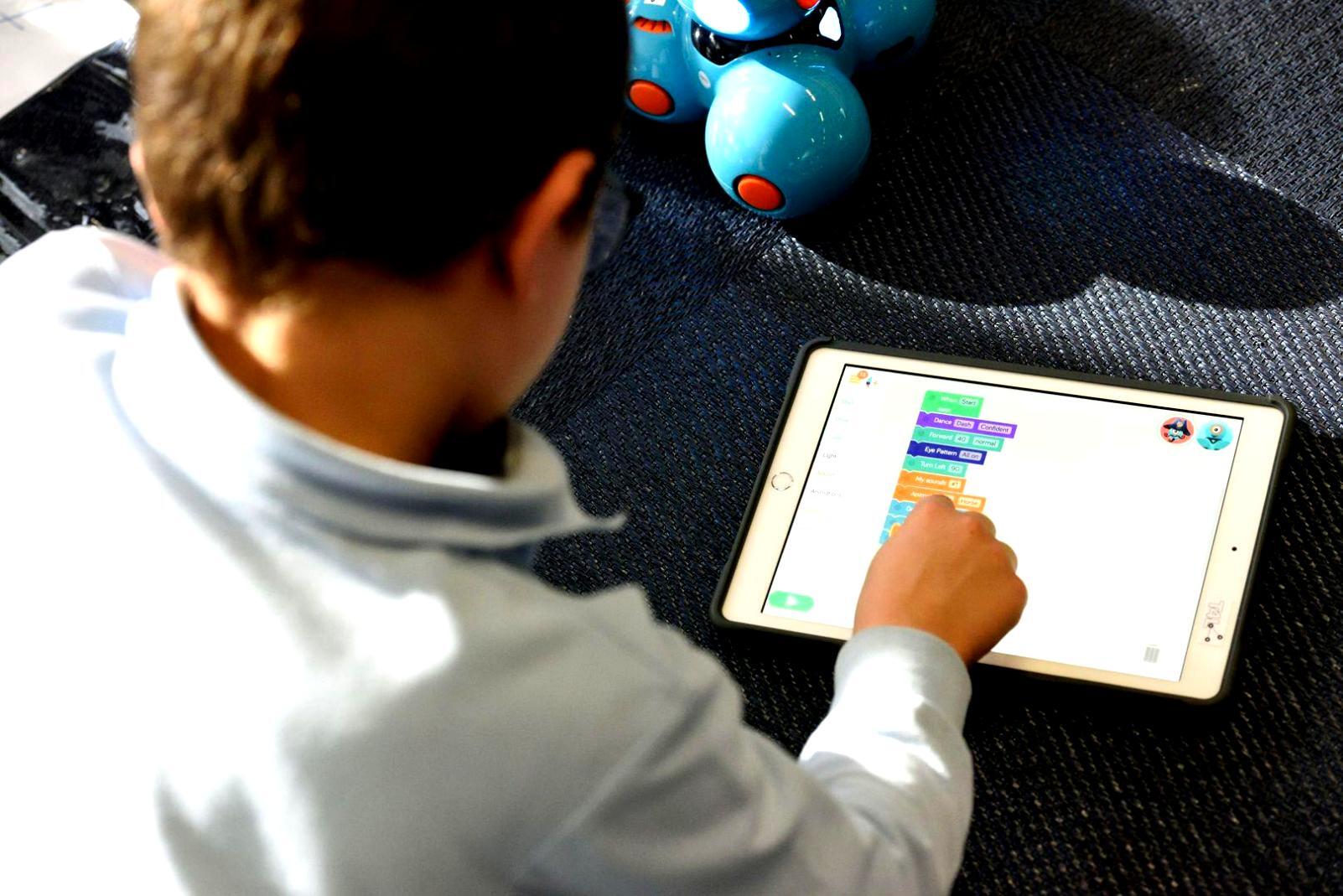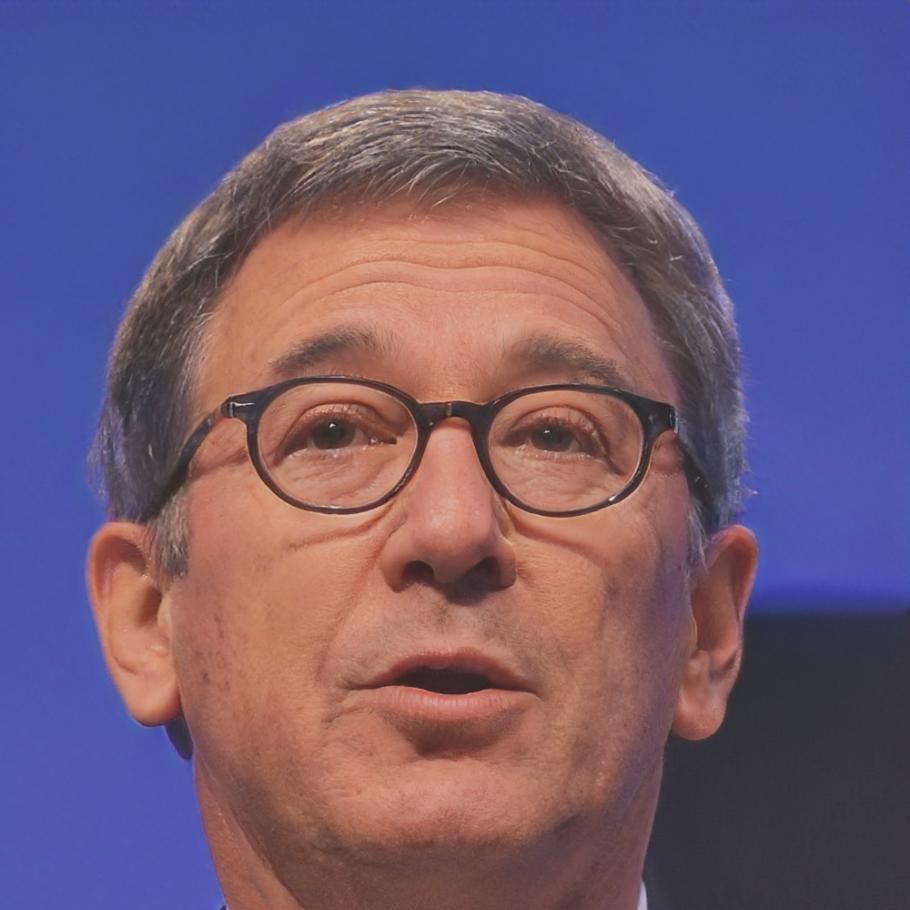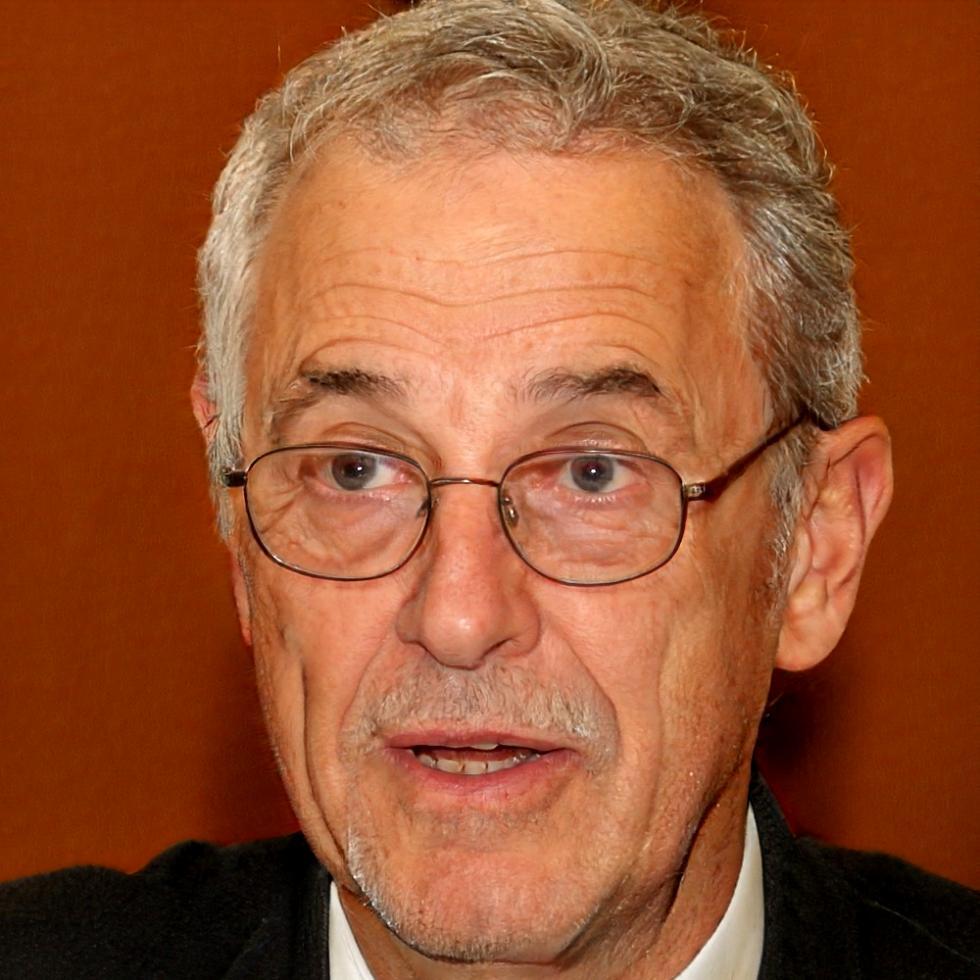How We Teach Financial Decision Making
Most people learn about money through trial and error. Which means they learn through mistakes. We think there's a better way – one that combines real scenarios with practical frameworks you can actually use.
Our approach isn't about memorising formulas or following rigid rules. It's about understanding the 'why' behind financial decisions so you can make choices that align with your circumstances. And yes, that means sometimes breaking conventional wisdom when it makes sense for your situation.

Scenario-Based Learning
We don't teach theory in isolation. Every concept gets paired with real-world scenarios drawn from actual financial decisions people face in Australia – from navigating property markets to understanding superannuation strategies.
You'll work through case studies that mirror situations you might encounter: Should you pay off debt or invest? How do you balance short-term needs with long-term goals? What are the actual trade-offs in different approaches?
The goal is building judgment, not just knowledge. Because the right answer depends on context, and we want you comfortable working through that context yourself.
Interactive Workshops
Small group sessions where you tackle financial scenarios together. These aren't lectures – you'll be discussing, debating, and discovering patterns in how different approaches play out.
Decision Mapping
We teach a visual framework for breaking down complex financial choices. It's a tool you can use on your own long after the programme ends.
Risk Assessment
Understanding what could go wrong is just as important as planning what should go right. We walk through how to evaluate and manage financial risks realistically.
Personal Application
You'll apply concepts to your own financial situation throughout the programme. This isn't hypothetical – it's your actual money decisions we're working through.
Peer Learning
Some of the best insights come from hearing how others think through problems. Our group format encourages this kind of collaborative learning.
Follow-Up Support
Access to resources and periodic check-ins after the main programme. Financial situations change, and it helps to have guidance when new questions arise.
Who Teaches These Sessions
Our facilitators have spent years working with people on financial decisions. They know the common pitfalls and the questions that come up again and again.

Rhys Taverner
Financial Planning EducatorRhys worked in financial advisory for twelve years before moving into education. He's particularly good at explaining complex concepts without the jargon. His background includes helping families navigate property purchases and retirement planning across Western Australia.

Callum Whitlock
Investment Strategy EducatorCallum brings a background in behavioural economics to the table. He focuses on understanding why we make the financial choices we do – and how to recognise when our instincts might be leading us astray. He's been teaching in this space since 2018.
What You'll Walk Away With
- A framework for evaluating financial decisions that you can apply to different situations as they arise
- Confidence in asking the right questions when dealing with financial professionals or products
- Understanding of how different financial strategies interact with Australian tax and superannuation systems
- Ability to spot common traps and misleading claims in financial marketing
- Tools for balancing competing financial priorities without getting paralysed by options
- Realistic expectations about what financial planning can and can't achieve
- A network of peers who've worked through similar learning and can share perspectives

Next Programme Starts September 2025
Sessions run over eight weeks with flexible evening and weekend options. We keep groups small to ensure everyone gets individual attention on their specific situations.
View Programme Details